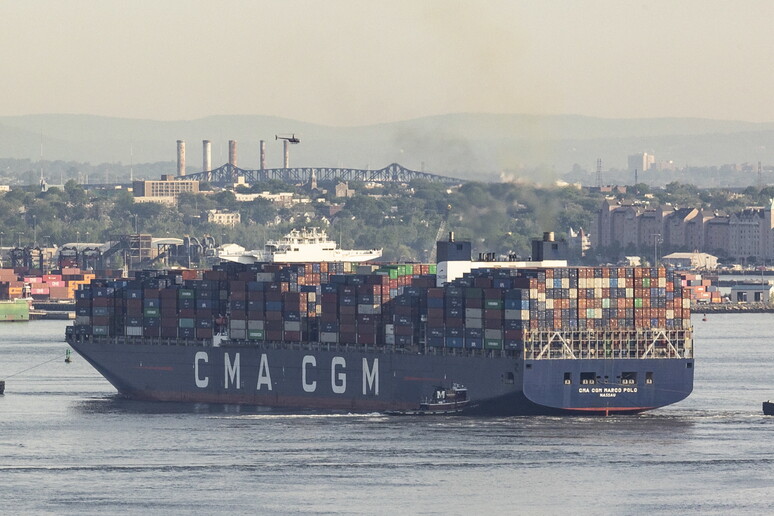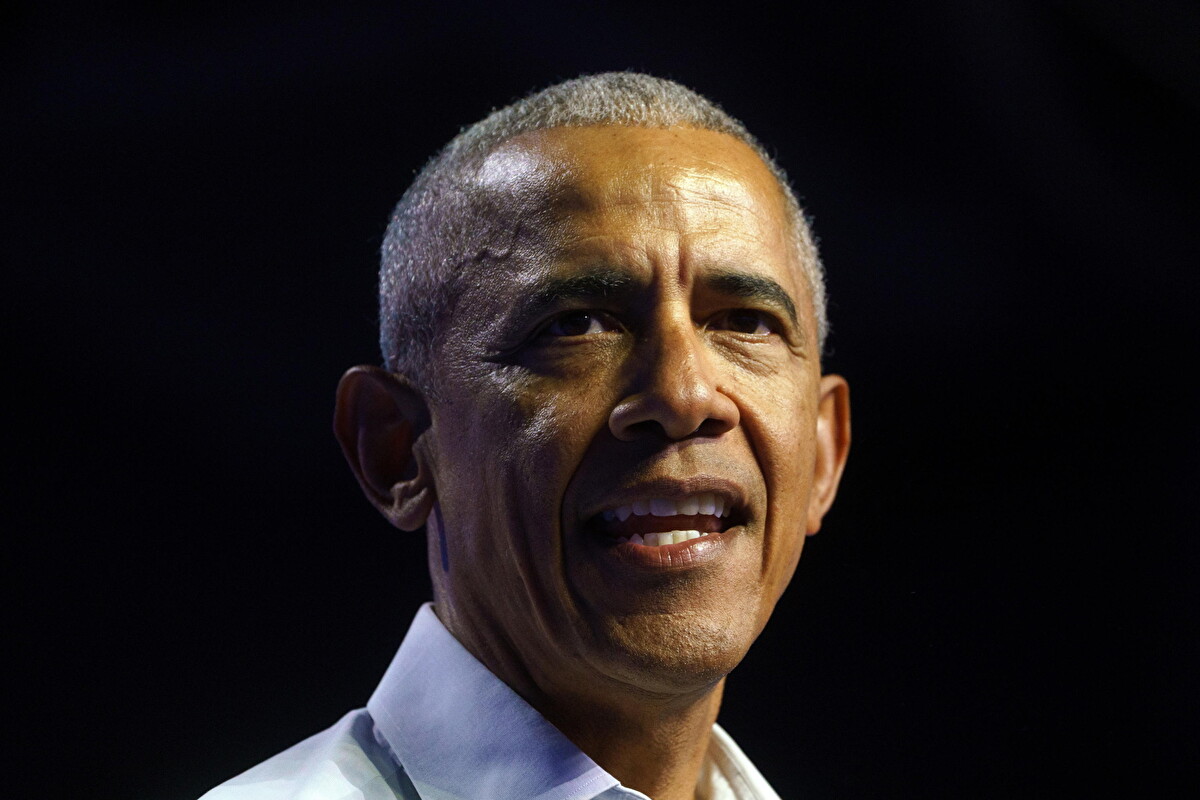Ships docking at U.S. ports are the first to be subject to the tariffs America is imposing on most Chinese imports. This means that in a matter of weeks, consumers will face not only higher prices but also shortages of several products.
Imports from China have fallen dramatically since President Trump imposed 145 percent tariffs on them.
“This week, we’re down about 35% compared to the same time last year, and these cargo ships coming in are the first ones to be attached to the tariffs that were levied against China and other locations last month,” Gene Seroka, executive director of the Port of Los Angeles, told CNN Tuesday. “That’s why the cargo volume is so light.”
The drop in imports from China on vessels now arriving at the port is more than 50 percent. Many importers have canceled previous orders because U.S. companies are not interested in paying such high duties, which can more than double the price of Chinese products.
The Port of Los Angeles was supposed to welcome about 80 ships in May, but 20 percent of these were cancelled.
Rather than importing goods to the United States, some retailers are choosing to pay to store their products in Chinese warehouses, as it is cheaper. Because importers and retailers are unwilling to pay the high costs under the duties, experts say deliveries could continue to decline by up to 60 percent.
”A 60% decline in containers means 60% less stuff arriving,” Flexport CEO Ryan Petersen told CNN microphones, “It’s only a matter of time before they sell through existing inventory, and then you’ll see shortages. And that’s when you see price hikes.”
According to the National Retail Federation, imports into the United States are expected to fall by at least 20 percent in the second half of 2025 from the previous year. The decline from China will be even sharper, with JP Morgan predicting a 75% to 80% drop in imports.
“Businesses spent Q1 front-loading orders for consumer and capital goods (among other things) ahead of Liberation Day on April 2,” explained Daniel Vielhaber, economist at Nationwide, ““However, with the new tariffs now in place, we look for a shift up in inflation, adding a headwind to already slowing consumer activity and economic growth.”










